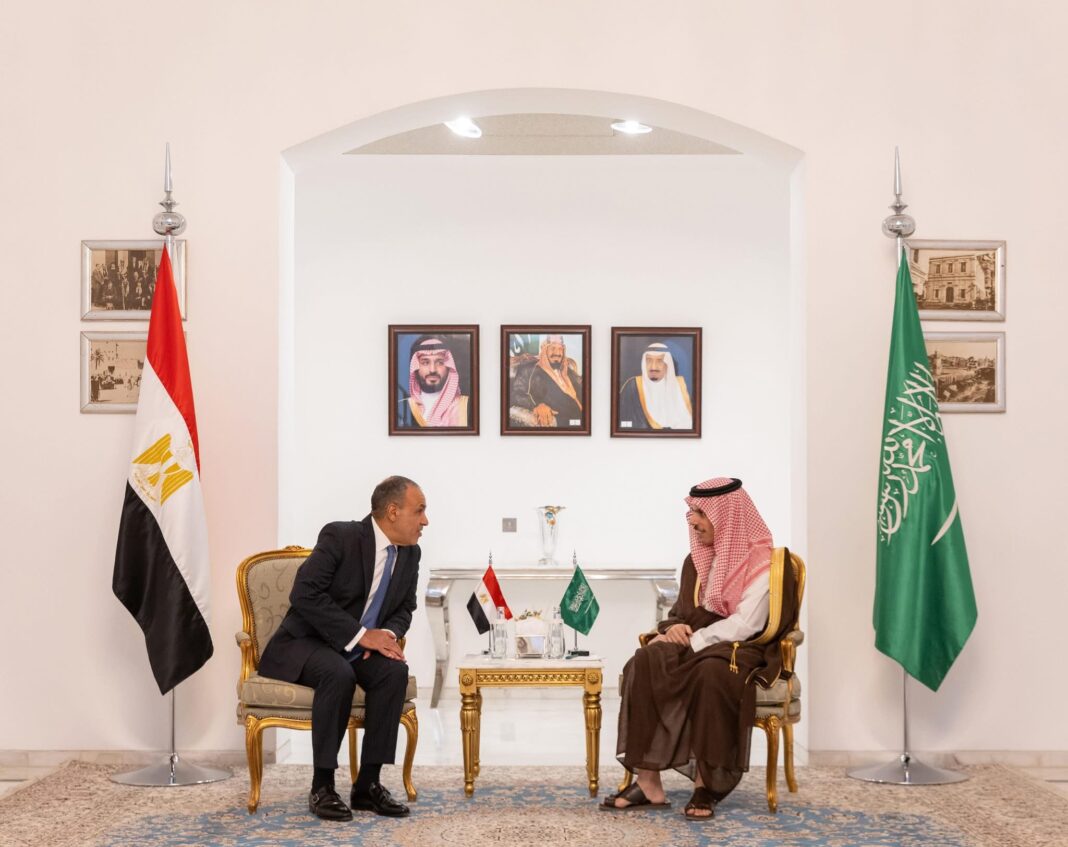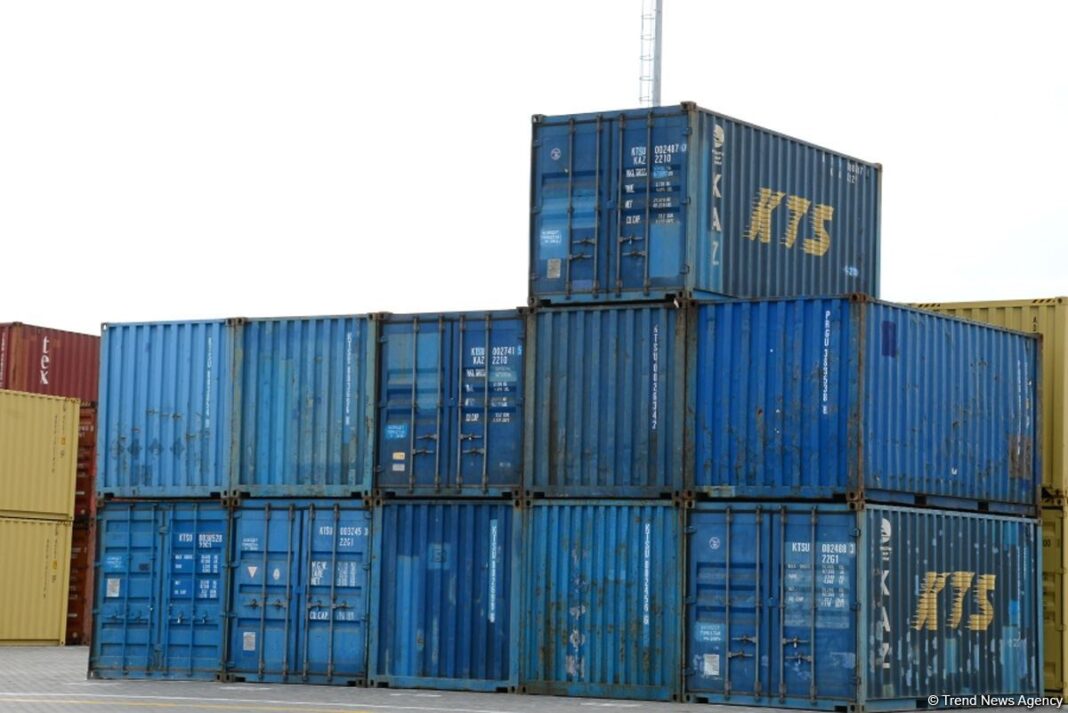Egypt’s Foreign Minister Badr Abdelatty arrived in Riyadh on Monday, 21 April, for an official visit to discuss regional developments and deepen cooperation with Saudi Arabia, as part of the Egyptian-Saudi Political Follow-up and Consultation Committee.
The annual committee session, held alternately between both countries — aimed to deepen strategic cooperation and align positions on pressing regional and international issues, particularly the war on Gaza.
In a statement by Egypt’s Ministry of Foreign Affairs, the two ministers praised the growing strength of Egyptian-Saudi relations, emphasizing the directives of President Abdel Fattah El-Sisi and Saudi leadership to continue building a comprehensive partnership across economic, political, and security sectors.
Abdelatty stressed Egypt’s commitment to creating an enabling environment for Saudi investment, highlighting recent tax and financial reforms and opportunities in industrial localization and tech cooperation.
He also called for activating the Egyptian-Saudi Supreme Coordination Council to expand collaboration in sectors ranging from trade and culture to military and security affairs.
On regional developments, the two sides reaffirmed their rejection of any forced displacement of Palestinians and reiterated the urgency of securing a ceasefire in Gaza, especially amid worsening humanitarian conditions.
They also expressed support for the Arab-Islamic Gaza reconstruction plan and the international conference that Egypt will host in coordination with the United Nations and the Palestinian government to coordinate early recovery and aid efforts.
The meeting also covered a wide range of regional files, including the conflicts in Sudan, Syria, and Yemen, as well as maritime security in the Red Sea and stability in the Horn of Africa. Both countries agreed to continue working closely to advance security and peace across the region.
Abdelatty’s visit comes as Israeli attacks on Gaza continue. Over the weekend, more than 90 Palestinians were killed in Israeli strikes, according to the Health Ministry in Gaza. Many of the casualties were in areas designated as humanitarian zones, including the southern cities of Rafah and Khan Younis.
Since the war began, more than 51,000 Palestinians have been killed, the majority of them women and children.

